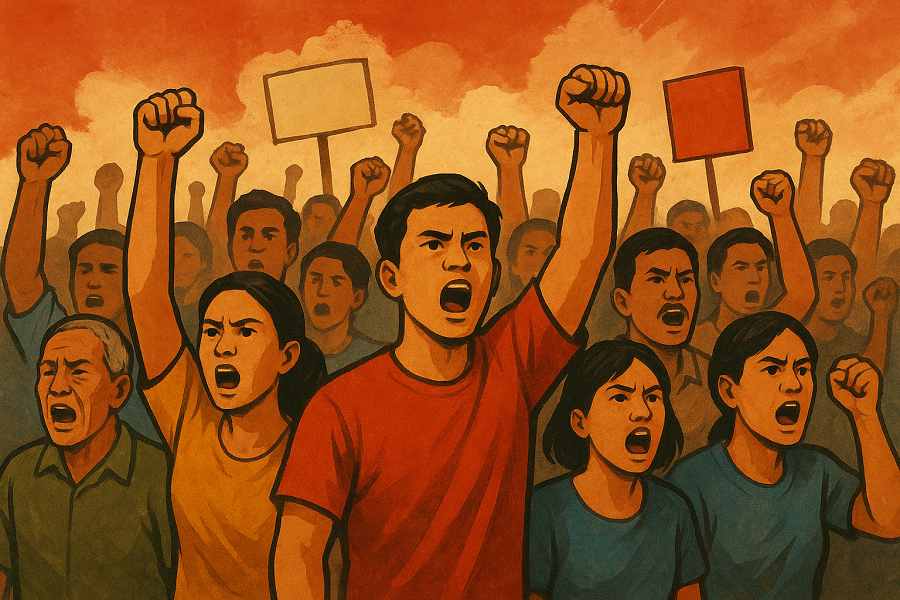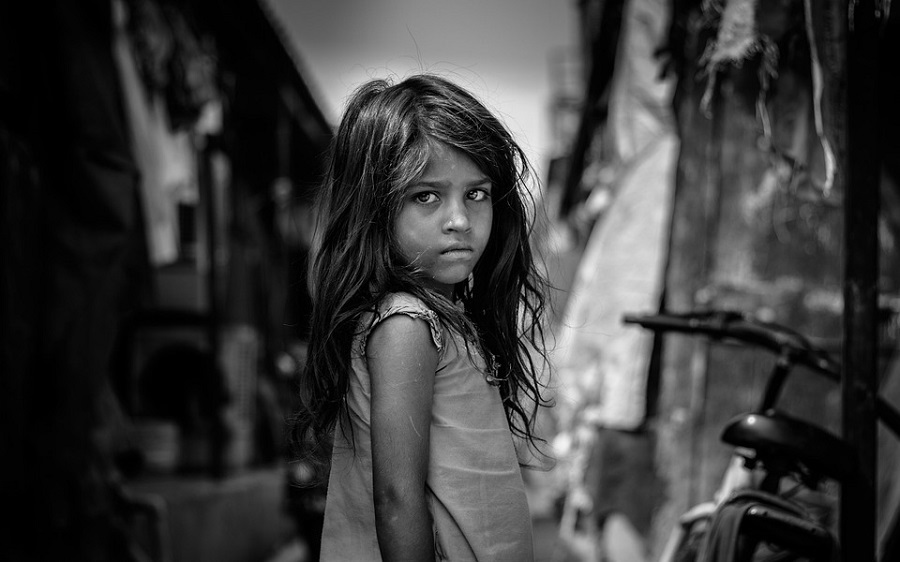When Rodrigo Duterte stormed to victory in 2016, it was more than a political triumph — it was a cultural revolt. Millions of Filipinos, weary of the recycled promises of traditional politicians, rallied behind a man who spoke their language: blunt, angry, and unapologetically defiant of the elite.
To many, Duterte was not just a candidate — he was a reckoning. His victory was fueled by the exhaustion of a people who felt betrayed by an establishment that seemed perpetually detached from their struggles. His tough talk, provincial swagger, and raw, unfiltered language resonated with those who felt ignored by the ruling class. He projected the image of a leader who would restore order, end corruption, and make government finally work for the ordinary Filipino.
For a moment, hope looked like rage. Duterte embodied the fantasy of retribution — against criminals, against oligarchs, against the indifferent political elite. But that fantasy would soon turn into a nightmare.
Hope to Uncertainty
After six years of iron-fisted rule, blood-stained streets, and relentless political theatrics, the promise of transformation gave way to disillusionment. What was framed as the path to peace and order became, for many, a descent into fear and uncertainty. The war on drugs, touted as a campaign for safety, became a war on the poor. Behind the statistics were stories of broken families and silenced communities.
The promise of federalism — once the cornerstone of Duterte’s rhetoric for inclusive governance — was buried in the rubble of political compromise. The fight against corruption faltered, as allies were shielded and critics vilified. What began as a rebellion against elitist politics ended up reinforcing the very culture of impunity it sought to destroy.
Duterte’s rise revealed something uncomfortable about the nation: our deep craving for a savior. In our collective frustration, we mistook strongman rule for strong leadership, anger for authenticity, and brutality for justice. We placed our hopes in a man rather than in the slow, painstaking work of rebuilding democratic institutions.
Opportunity to Build
Now, nearly a decade later, the country stands at a crossroads of moral and political uncertainty. The public’s faith in democracy has eroded, institutions have been weakened, and truth itself has become negotiable in the age of disinformation. Cynicism replaced what was once a culture of hope — a dangerous apathy that allows the same patterns of abuse to persist.
Yet within this uncertainty lies a quiet opportunity — a moment for reckoning and renewal. The lesson of Duterte’s presidency is not merely about one man’s failures, but about our own. Democracy cannot survive on outrage alone. It requires participation, vigilance, and a shared moral compass.
Real change, it turns out, cannot be imposed from the top. It must rise from the ground — from the barangays, classrooms, churches, and the everyday conversations that shape our conscience as a people.
Duterte’s victory was a verdict against elitist politics. His failure, however, is a warning against blind populism. If the pendulum has swung from hope to despair, then our challenge now is to push it toward maturity. We have to reclaim politics not as spectacle or revenge, but as service and solidarity.
The uncertainty we face is real. But within it lies the chance to learn, to rebuild, and to imagine a better nation — one that draws its strength not from fear, but from faith in one another.



